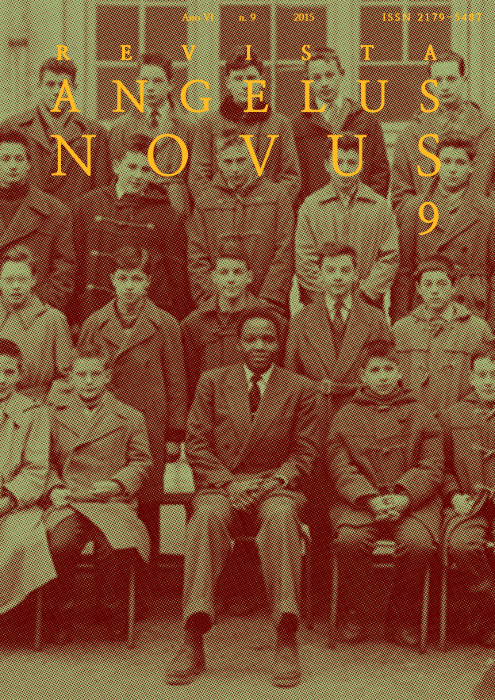The cultural agenda of the Cold War and the "Ideological Program"
the CIA and the Ford Foundation in attracting intellectual elites
DOI:
https://doi.org/10.11606/ran.v0i9.98864Keywords:
Cold War, Intellectuals, CIA, United States of America, U. S. Department of State, Ford FoundationAbstract
In this paper, we will discuss the development of US proposals for the intellectual elite in the Cold War. The focus lies on the creation and the management of the Ideological Program “US Doctrinal Program”. Its main goal was the training and recruitment of leftist cadres, particularly in areas of the “underdeveloped world”. Implemented between 1950’s and 1960’s, its development was the responsibility of the various agencies of US foreign policy, notably the CIA. In the framework of its model of operations was a tripod, made up of government agencies, non-governmental organizations and the intended beneficiaries in the strategy. The Ford Foundation was among the most instrumental participants in the offensive, given its institutional commitments to the displacement of the left of neutralism and communism, which made up the core of this intervention proposal. Based on research of primary sources, this paper studies the emergence of new areas of intellectual and disciplinary investigation, focusing on Social Sciences, economic modernization and "developmentalism" as an expression of this sophisticated attempt to reorient policies, theoretical and ideological disputes.Downloads
Download data is not yet available.
Downloads
Published
2016-08-31
Issue
Section
Artigos
License
1. Proposta de Política para Periódicos de Acesso Livre
Autores que publicam nesta revista concordam com os seguintes termos:
- Autores mantém os direitos autorais e concedem à revista o direito de primeira publicação, com o trabalho simultaneamente licenciado sob a Creative Commons Attribution License que permitindo o compartilhamento do trabalho com reconhecimento da autoria do trabalho e publicação inicial nesta revista.
- Autores têm autorização para assumir contratos adicionais separadamente, para distribuição não-exclusiva da versão do trabalho publicada nesta revista (ex.: publicar em repositório institucional ou como capítulo de livro), com reconhecimento de autoria e publicação inicial nesta revista.
- Autores têm permissão e são estimulados a publicar e distribuir seu trabalho online (ex.: em repositórios institucionais ou na sua página pessoal) a qualquer ponto antes ou durante o processo editorial, já que isso pode gerar alterações produtivas, bem como aumentar o impacto e a citação do trabalho publicado (Veja O Efeito do Acesso Livre).
How to Cite
The cultural agenda of the Cold War and the "Ideological Program": the CIA and the Ford Foundation in attracting intellectual elites. (2016). Revista Angelus Novus, 9, 123-152. https://doi.org/10.11606/ran.v0i9.98864






